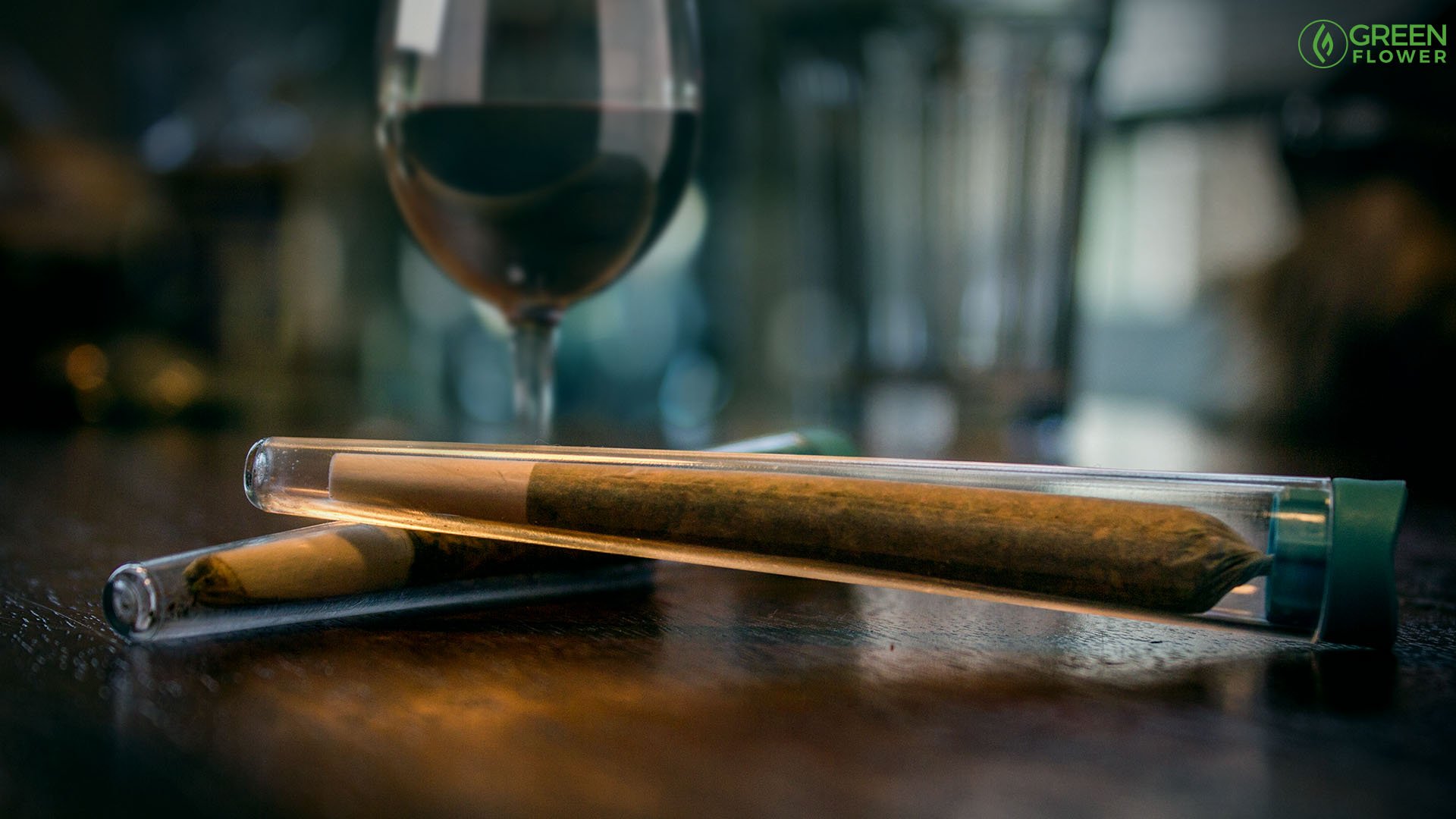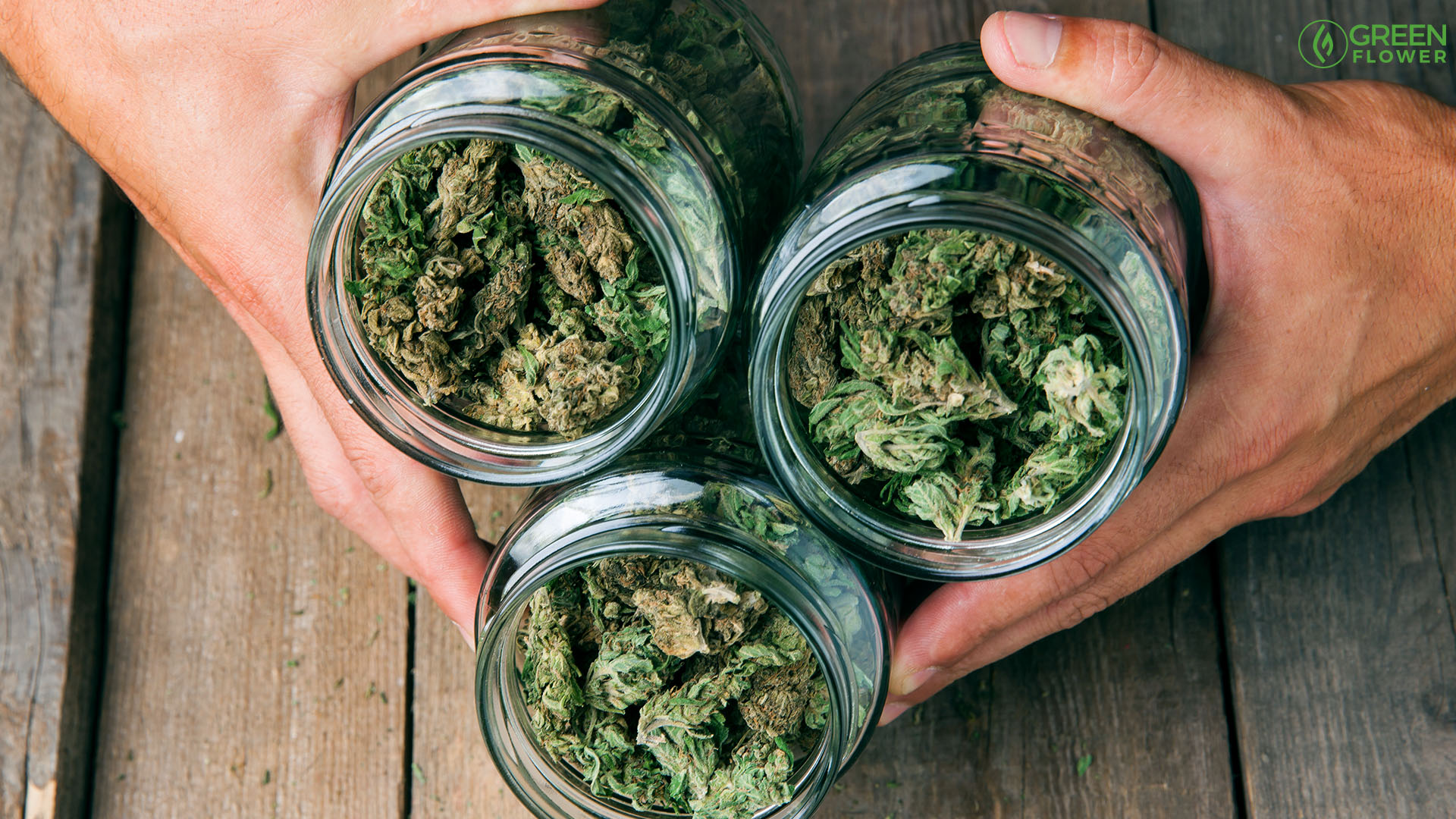Working in a marijuana dispensary as a budtender is like no other job in the world. On the one hand, you are a retail employee. You are expected to demonstrate a strong work ethic, provide excellent customer service, and you most likely have to adhere to some kind of a dress code.
On the other hand, you are the person people buy cannabis products from. In most cannabis markets around the world, this is still the job of a dealer. But to be great in this role in the legal marijuana industry, you need to have a deeper knowledge of cannabis.
If you’re a world-class budtender, you know how great cannabis is grown and who grows it. You can decipher different grades of quality and determine if a product is safe for consumption. You can also recommend products and give guidance on how these products might make recreational consumers or medical marijuana patients feel. Budtenders are the brave folks trying to blend the retail and cannabis experience together. It is an odd place to be at times; however, world-class budtenders are the ones who can hold this space well.
The Importance Of Budtender Training
When I started working as a budtender, I knew I wanted to be excellent at my job; unfortunately, I knew very little about cannabis — there were no real dispensary training courses or budtender certification — and authoritative information about cannabis was not easy to find. Identifying information that could help me become a better steward of the plant to the public was difficult, to say the least. Thankfully, I worked at a slow shop, and my dispensary staff friends, who possessed incredible product knowledge, were kind enough to invest the time required to teach me about the cannabis plant. Once I started to get my feet under me, I noticed that there was a huge problem with communication in the cannabis industry. The conversation around cannabis was pretty basic and wrapped in stoner colloquialisms that went over the head of most customers. I wanted to elevate the conversation around cannabis in a way that respected the plant and made it accessible to everyone, but I had no idea where to begin. I needed inspiration. Good thing I had a Netflix account.
 Where Cannabis Culture & Wine Intersect
Where Cannabis Culture & Wine Intersect
Like many nights before it, I had just gotten off work and was sitting down to grade some samples. As I began my traditional liturgy of cannabis sampling, I turned on the television and started scrolling through my options. I decided on a movie called SOMM. It followed four people as they trained to pass the Master Sommelier Exam and become Master Sommeliers. I do not think I got through a single sample that night, as I was completely enraptured by the journey these gentlemen were undertaking in their respective training programs. The amount of work that goes into understanding wine at this level is astounding, and their ability to communicate their passion and understanding about the plant to the public was just as amazing. As the movie concluded, I sunk back into my couch and said to my bullmastiff, Bella, “this is what cannabis needs.”
Over the next few days, I started pouring over the Master Sommelier website — looking for anything I could bring into the cannabis dispensary. It turned out to be a treasure trove of information and I quickly filled up my notebook with ideas. I really enjoyed the structure of the sommelier exam. For those of you who are unfamiliar, the exam is divided into three sections: Theory, Tasting, and Service. After looking over the descriptions of the sections, I knew these were categories that could translate to the cannabis world quite easily. They are going to look different in practice; however, the principles behind them are one and the same.
In short, a Master Sommelier is an expert in all things wine; however, their expertise is not limited to book knowledge or being a great taster. I mean, do not get me wrong. Being able to blindly taste and smell a wine, correctly identify it, and wax poetic about the vineyard from which it originates is extremely impressive; however, the final piece of the puzzle needs to include customer service. A Master Sommelier is expected to be able to convey their wine expertise to the general public in a way that enhances the wine-drinking experience. In the end, it is about using expertise to enhance someone’s enjoyment, and this should be the goal of everyone who’s learning how to become a budtender. It does not matter if you’ve consumed cannabis daily for decades or how knowledgeable you are about a particular grower. If you cannot communicate that information to a customer, you are not budtending well.
 How To Become A Better Budtender
How To Become A Better Budtender
There is no way around it. Becoming an excellent budtender requires time and hard work. To become a Master Budtender, you need to put the time into studying the plant and developing a working library of knowledge that covers the vast array of marijuana products. You need to know how cannabis is produced, how the different consumption methods impact the experience, what characteristics make great cannabis, and how the chemistry of the plant impacts the body of the consumer; however, you also need to put time into developing the customer service skills that are necessary to enhance the experience of the person who finds themselves in front of you.
The purpose of this series is to equip you with those skills — to sharpen your skills at the budtender position. Like many sites, we will walk you through cannabis theory and science; however, unlike other sites, we will walk you through how these insights can be used to elevate the conversation around cannabis in a way that enhances the experience of the plant. If you are looking to start your journey toward becoming a world-class budtender, be sure to check out our Fundamentals of Cannabis course. It is a great place to build a solid foundation of cannabis knowledge and get you going in the right direction!

